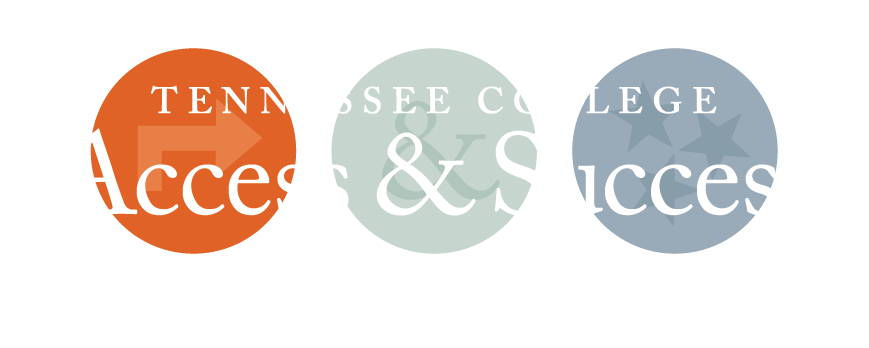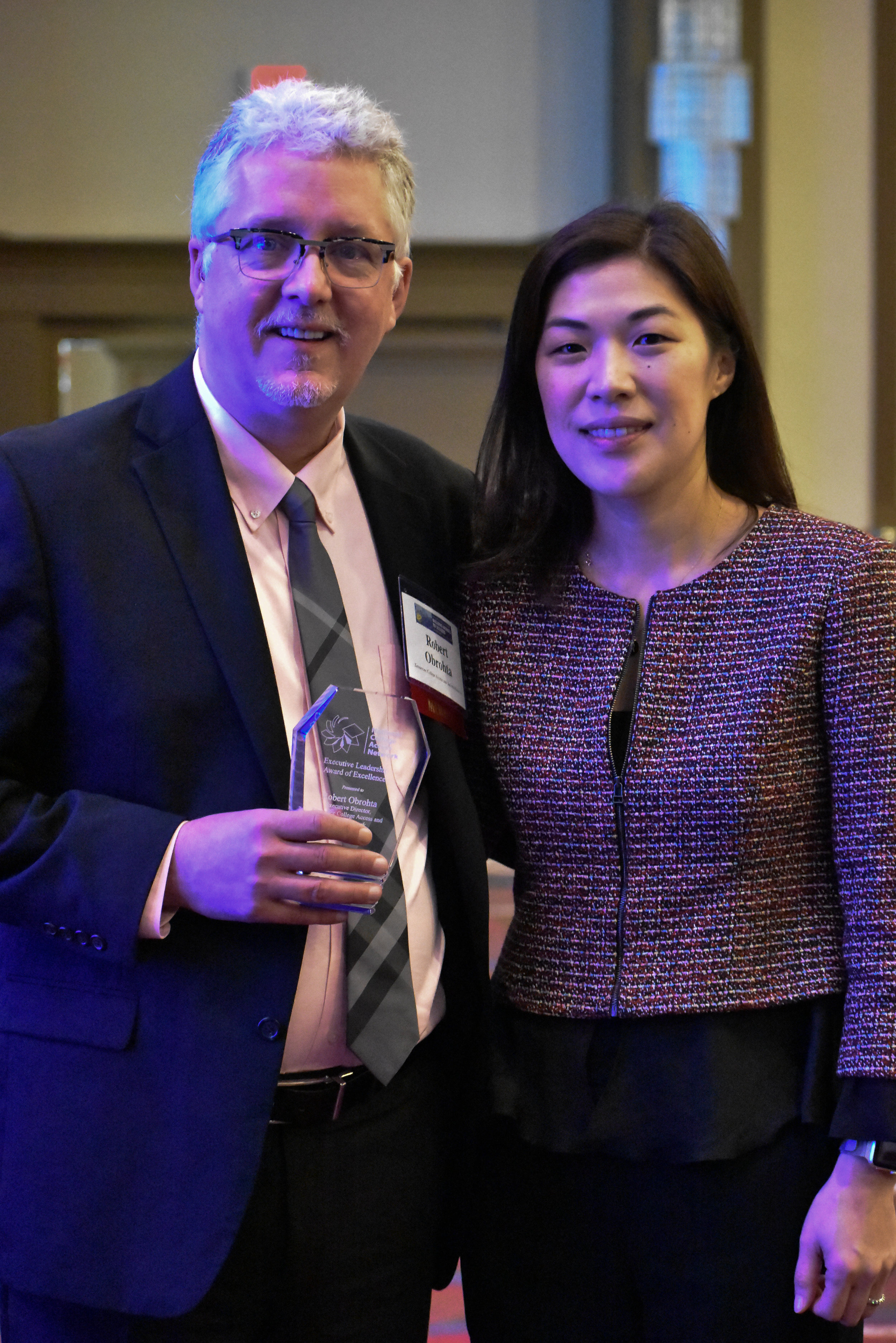The Tennessee College Access and Success Network is pleased to announce the addition of five new members to its Board of Directors: Tayo Atanda, Kathleen Brock, Representative Joe Pitts, Maggie Snyder, and Don Yu. The Board provides leadership for carrying out the TCASN’s mission to remove barriers to higher education for all and foster a college-going culture among underrepresented populations. Wanda Lyle, Managing Director, General Manager of UBS Business Solution Center – Nashville, currently serves as chair of the 2017-2018 Board of Directors.
Tayo Atanda, an attorney of Waller Lansden Dortch & Davis' alcohol beverage law team, advises manufacturers, distributors and retailers of liquor, beer, and wine throughout the state of Tennessee. Tayo played a key role in assisting more than 250 local and national grocery stores when legislation permitting the sale of wine in Tennessee grocery stores took effect in 2016. His experience includes beer, liquor, dance and catering licensing for restaurants, hotels, bars, clubs and resorts throughout Tennessee. Tayo also assists start-ups and emerging companies in LLC formation, reviewing and drafting and evaluating contracts, non-compete agreements and non-disclosure agreements.
Kathleen Brock, Ed.D., is the Director of Strategic Policy in the Office of Strategy and Policy at the University of Texas at Austin. In this role, Katie supports achievement of the president’s strategic vision by coordinating and facilitating long-range planning, strategy and policy development, and strategic implementation among academic and administrative units to advance major institutional priorities. She works closely with university and system leaders, faculty leaders, policymakers, national thought leaders, foundations, and other key partners and stakeholders. Katie also oversees the coordination of cross-institutional networks and projects focused on advancing policy solutions on a variety of topics including postsecondary preparation, pathways, affordability, and productivity.
Katie served on the leadership team of the Tennessee Higher Education Commission as the Associate Executive Director of the Office of P-16 Initiatives. In this role she designed and coordinated the state’s Gaining Early Awareness and Readiness for Undergraduate Program (GEAR UP), College Access Challenge, College Access and Success Network, and Lumina Foundation for Education’s Know How to Go and Latino Student Success grant programs. Prior to her work in Tennessee, Katie was a legislative aide to Representatives on the Massachusetts House Higher Education Committee and an advancement officer at Colgate University. Katie holds a bachelor’s degree in international relations from Colgate University and a Master’s degree in international education policy and management from Vanderbilt University’s Peabody College, and doctorate of education from the University of Tennessee.
TN State Representative Joe Pitts, a native of Clarksville, Tennessee, is in his sixth term serving the people of House District 67 in the Tennessee House of Representatives. He is a proud 1976 graduate of Northwest High School and a 1980 graduate of Austin Peay State University. He has also completed post graduate work at the University of Georgia and the University of Virginia. His passion is to support a quality education for every citizen of Tennessee, help veterans and their families, and provide his constituents with the best service possible. Outside his service in the Tennessee General Assembly, Joe is Vice President of Planters Bank in Clarksville. Joe and his wife, Cynthia, have five children, and eight grandchildren.
Maggie Snyder is a program officer with ECMC Foundation. She supports the career readiness portfolio, which invests in programs that are committed to connecting adults with limited or no education beyond high school to accredited, postsecondary career pathways that allow for economic mobility and family-sustaining wages. She is also a member of the steering committee for the Los Angeles chapter of Emerging Practitioners in Philanthropy and volunteers as a tutor at the Singleton Adult Literacy Center at the Los Angeles Public Library.
Maggie earned her master's in public policy with a focus on K-16 education from Vanderbilt University's Peabody College of Education and Human Development. While at Vanderbilt, Maggie assisted with the implementation of a longitudinal literacy research study sponsored by the National Center for Special Education Research. As a graduate assistant at the Tennessee College Access and Success Network (TCASN), she produced original content and assessments for two online courses geared toward college access professionals and high school students. She also conducted research and analysis projects related to the development of a technological tool to decrease college-student undermatching. Previously, Maggie was an admissions counselor at Beloit College in Beloit, Wisconsin. She holds a BA in sociology/anthropology from Denison University.
Don Yu is the Chief Operating Officer of Reach Higher, former First Lady Michelle Obama's initiative to inspire every student in America to take charge of their future by completing their education past high school, whether at a professional training program, a community college, or a four-year college or university. Reach Higher seeks to celebrate education, change the national conversation, and reach students directly where they are and give them a space to create content while also navigating the college-going process. With partners in the business, philanthropic, media, and education realm, Reach Higher stretches across the country to inspire students and give them the tools they need to reach higher for college.
Prior to joining Civic Nation, Don served as the Chief of Transformation at the U.S. Department of the Interior's Bureau of Education and as special advisor to U.S. Secretary of Education Arne Duncan. He is a former teacher and school district attorney. Don received his B.A. and M.A. from Columbia University and a J.D. from Northwestern University.

